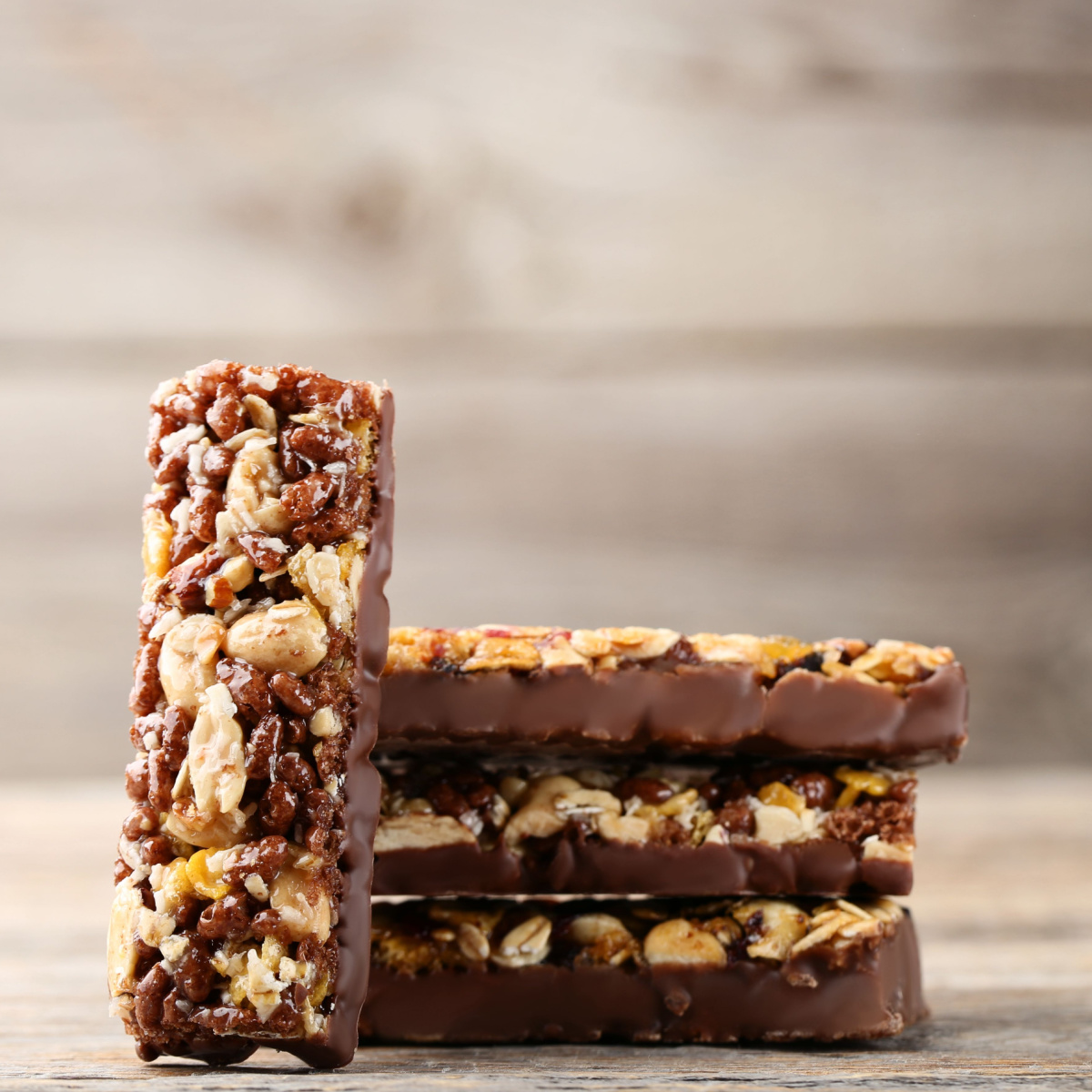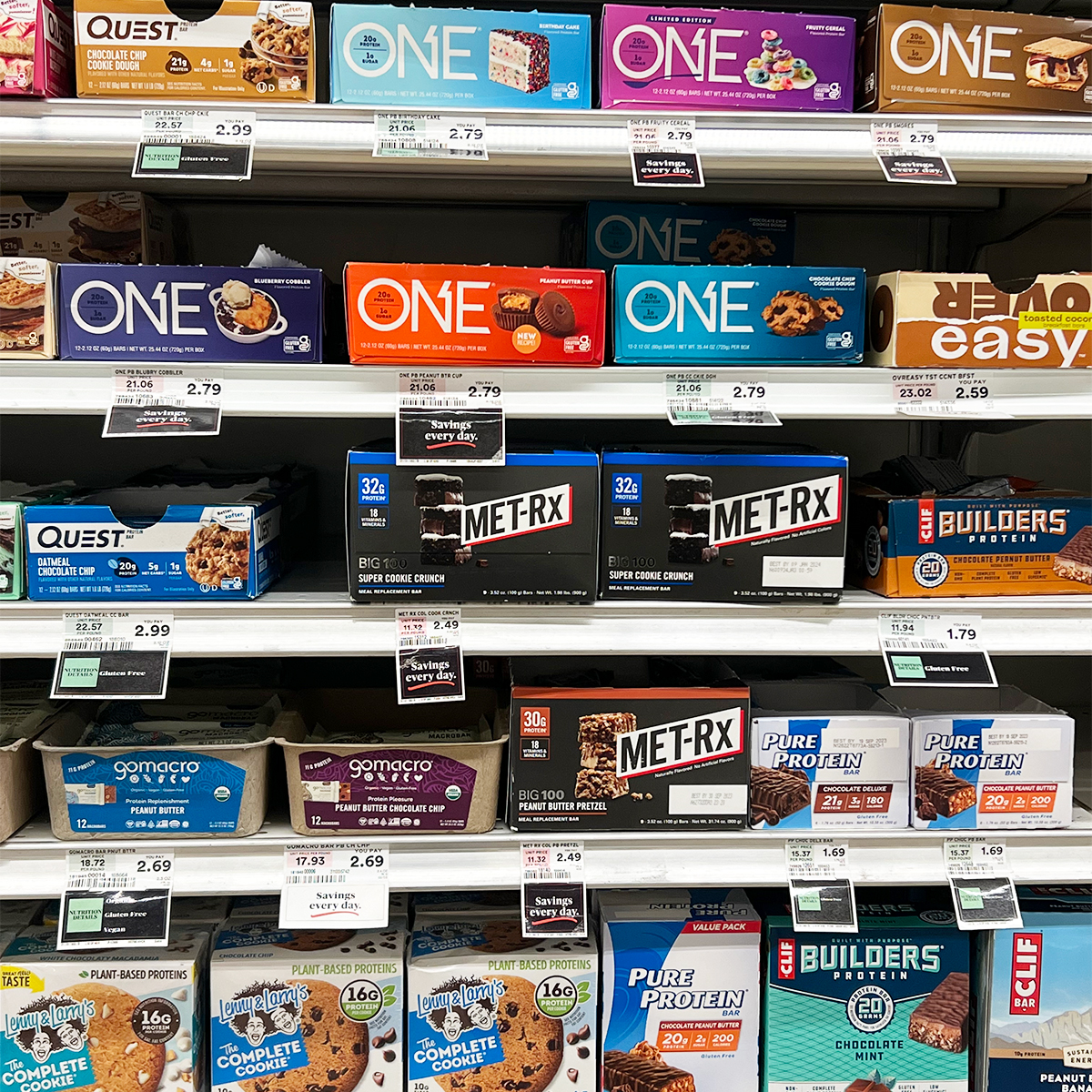Protein bars have become a popular nutritional snack in recent years, celebrated for their convenience and the promise of delivering a quick protein boost. These bars typically contain a combination of protein, carbohydrates, and fats, and they are marketed as a convenient way to meet your daily protein needs, especially for individuals with active lifestyles or those seeking to build muscle.
However, not all protein bars are created equal. Some fall into the category of highly processed protein bars. These bars often contain a laundry list of ingredients, including artificial flavors, sweeteners, and preservatives, in addition to protein sources. While they may be tasty and convenient, highly processed protein bars can have downsides when consumed in excess or as a regular dietary staple.
We spoke with Rahul Malpe, certified nutritionist, to learn about highly-processed protein bars that could lead to visceral fat. Malpe revealed that Power Crunch Protein Energy Bar and Garden of Life Protein Bar are just two examples of these snacks we should avoid.


Processed Protein Bars
One concerning link associated with the consumption of highly processed protein bars is their potential connection to visceral fat accumulation. Visceral fat is the fat stored deep within the abdominal cavity and around vital organs, and excess of it can lead to various health problems, including an increased risk of heart disease, type 2 diabetes, and metabolic syndrome.
Regarding Power Crunch Protein Energy Bar and Garden of Life Protein Bar, Malpe says, "These protein bars can cause weight gain by providing excess calories and sugar that your body does not need. They can also spike your blood sugar and insulin levels, which can lead to fat storage, especially around your abdomen."

The Bottom Line
In conclusion, protein bars offer a convenient way to boost protein intake, especially for those with active lifestyles or specific dietary goals. However, it's essential to be discerning when choosing protein bars, as not all are created equal. Highly processed protein bars, which often contain artificial additives, excessive sugars, and refined carbohydrates, may have adverse effects on health, potentially contributing to visceral fat accumulation.


























